Optimal Timing for Waterproofing Projects
Understanding the optimal timing for waterproofing projects is essential for ensuring long-lasting protection. Proper scheduling can prevent water damage, reduce repair costs, and extend the lifespan of structures. The right time depends on weather conditions, temperature, and the specific type of waterproofing material used.
Spring offers moderate temperatures and increased humidity, making it suitable for many waterproofing applications. It allows sufficient curing time before summer heat or winter cold.
Warm weather accelerates curing processes, but high temperatures and rain can pose challenges. Proper planning ensures waterproofing is completed during dry periods.
Fall provides cooler temperatures and less humidity, ideal for sealing projects before winter. It minimizes the risk of moisture interference during application.
Winter is generally unsuitable for most waterproofing tasks due to freezing temperatures and snow. However, some specialized products can be applied in mild winter conditions.
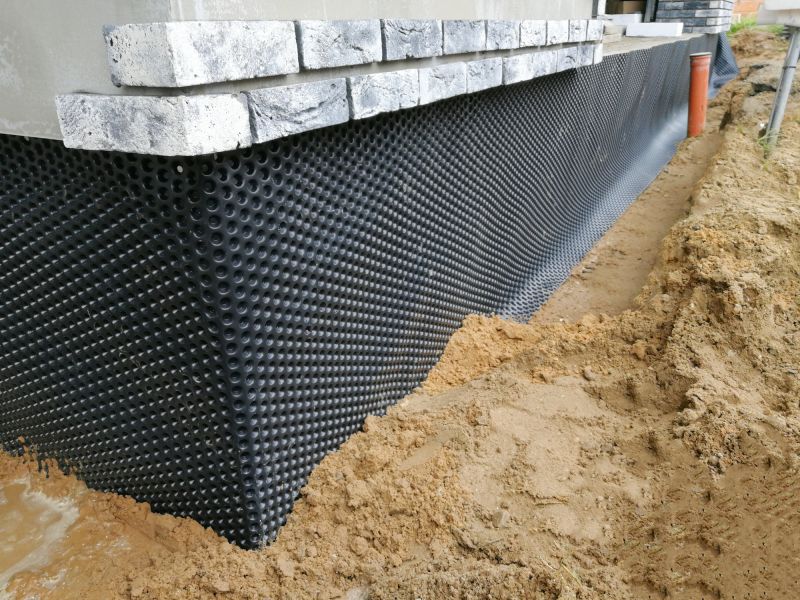
A crew applying waterproofing membrane during spring weather conditions.
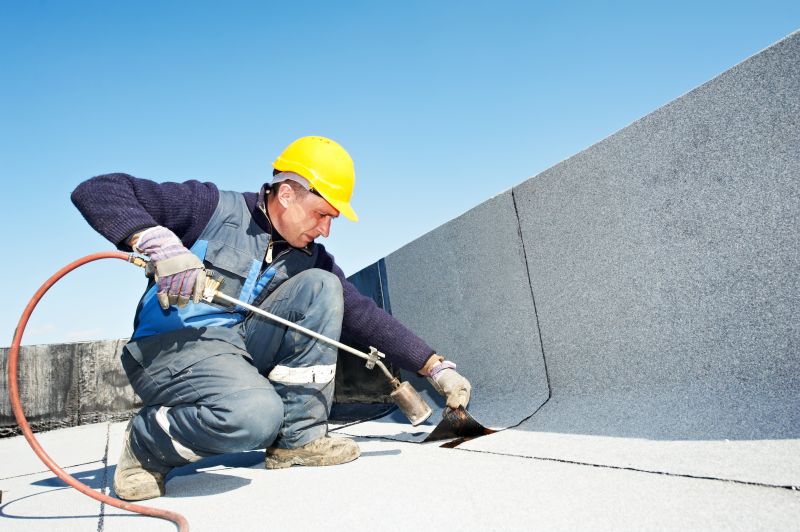
Application of waterproof coatings on a building exterior in summer.
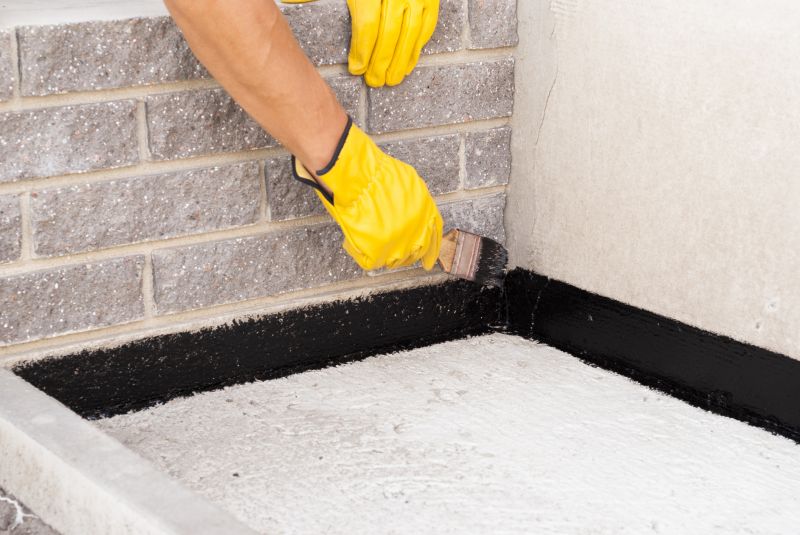
Sealing foundation cracks in fall to prepare for winter.
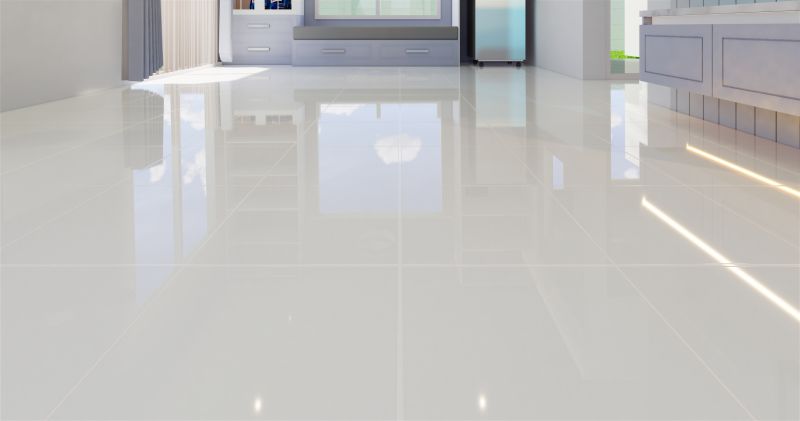
Ways to make Waterproofings work in tight or awkward layouts.
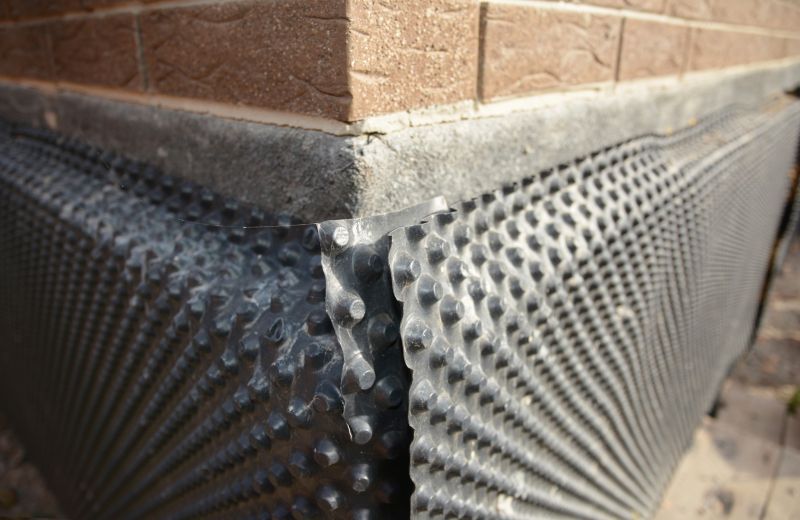
Popular materials for Waterproofings and why they hold up over time.

Simple add-ons that improve Waterproofings without blowing the budget.
| Season | Ideal Conditions |
|---|---|
| Spring | Moderate temperatures, increased humidity, no frost |
| Summer | Warm, dry weather, avoid extreme heat |
| Fall | Cool temperatures, low humidity, no frost |
| Winter | Limited to specialized products in mild conditions |
Waterproofings are essential for protecting structures from water infiltration, which can cause structural damage, mold growth, and interior deterioration. Proper waterproofing techniques involve applying membranes, coatings, or sealants to vulnerable areas such as foundations, roofs, and walls. The effectiveness of waterproofing depends on correct application, material choice, and timing.
Statistics indicate that water-related damages account for a significant portion of property repairs annually. Implementing waterproofing measures during optimal seasons can reduce repair costs by up to 30 percent. Additionally, well-timed waterproofing extends the lifespan of building components, ensuring long-term durability and safety.
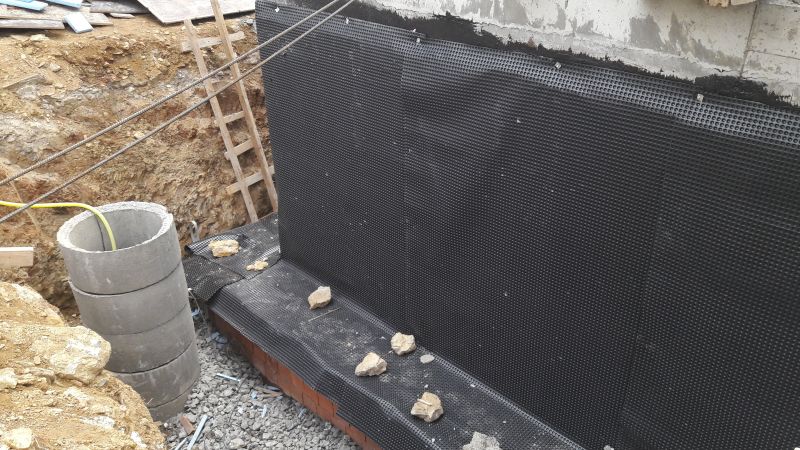
Applying membrane on a building foundation during favorable weather.
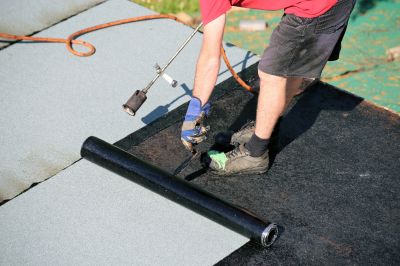
Professional sealing of roof joints to prevent leaks.
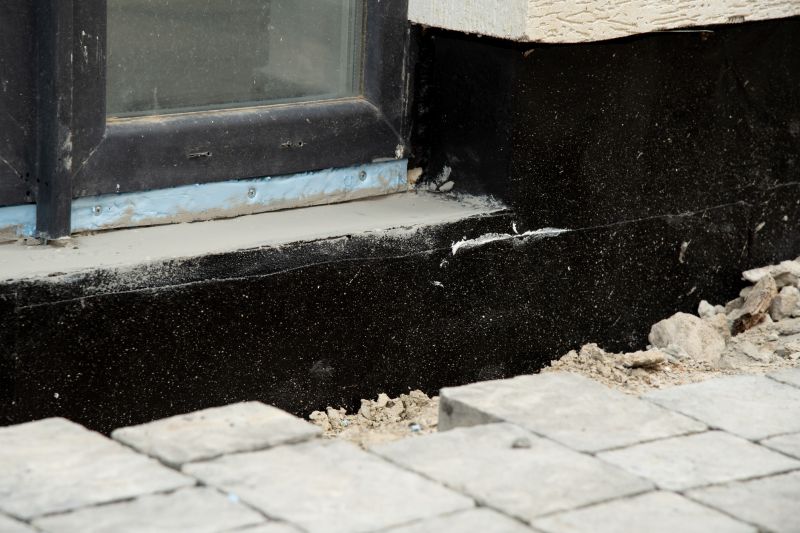
Waterproofing a basement foundation in progress.
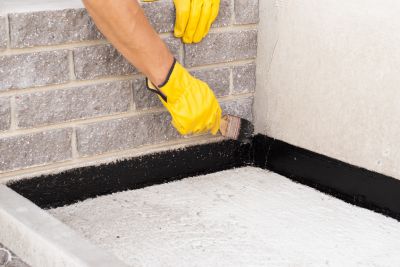
Applying protective coating to exterior walls in suitable weather.
Interested in waterproofing services? Filling out the contact form can provide more information and help plan the best waterproofing schedule tailored to specific needs. Proper timing and application techniques are key to ensuring effective water protection for any property.


